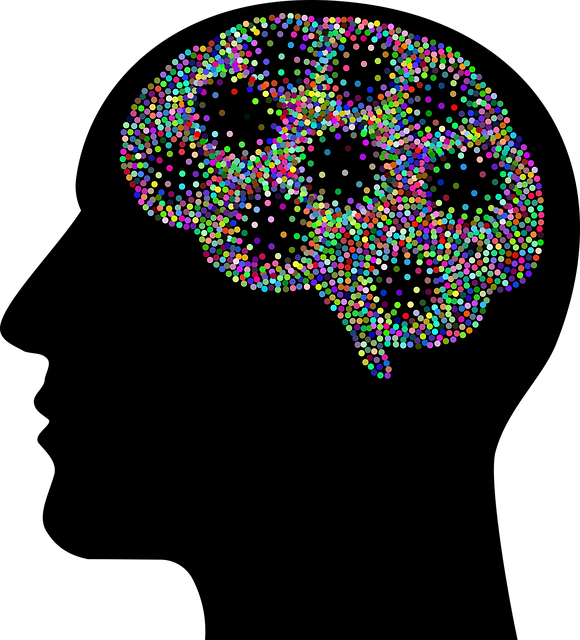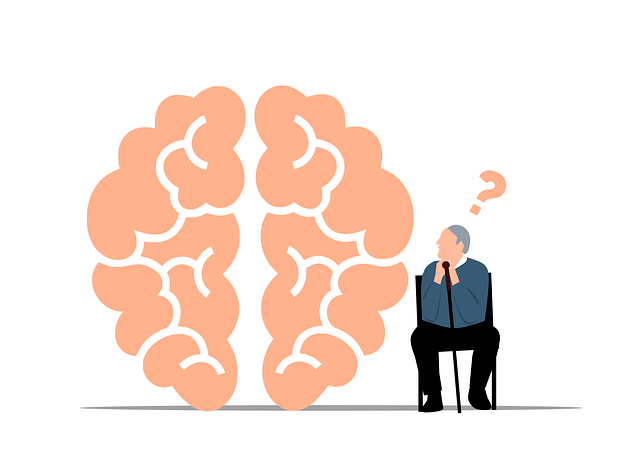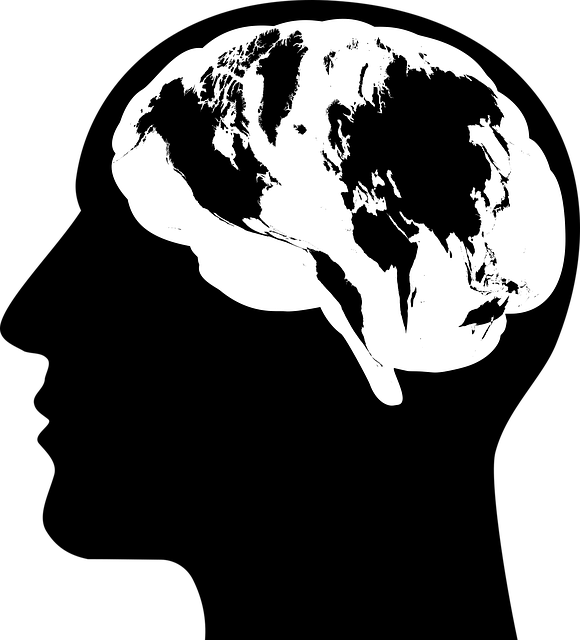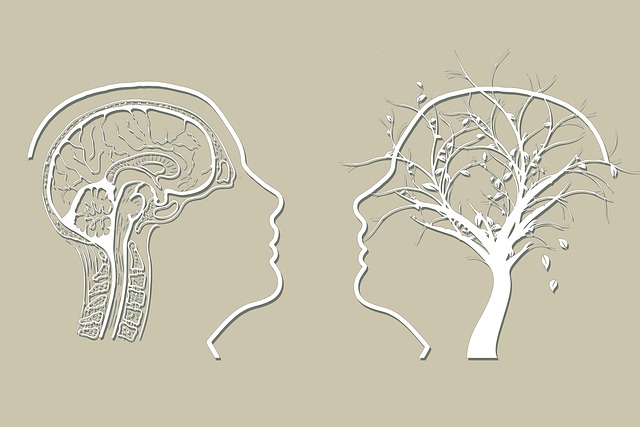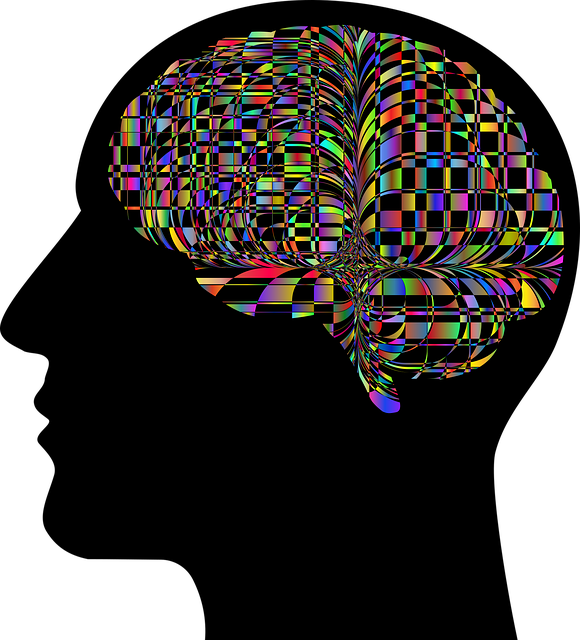Wheat Ridge Couples Counseling Therapy prioritizes holistic mental health understanding through diverse data collection, including patient forms, clinical notes, and structured assessments. Advanced data analysis techniques, ranging from qualitative thematic analysis to quantitative machine learning, empower therapists and researchers to uncover trends, assess progress, and develop tailored treatment plans for optimal outcomes. Self-care practices like meditation and journaling are integrated into sessions for enhanced wellness. Ethical data handling is paramount, with strict privacy guidelines ensuring a supportive environment for emotional well-being, especially in diverse populations.
Mental health data analysis plays a pivotal role in understanding and addressing psychological well-being. This article explores the intricate process of analyzing and interpreting mental health data, shedding light on its collection from various sources like surveys, clinical records, and online platforms. We delve into advanced techniques used in research, emphasizing the importance of accurate interpretation for informed practice and tailored treatment strategies. Additionally, ethical considerations are scrutinized, highlighting the delicate balance between data utilization and client privacy, particularly relevant to resources like Wheat Ridge Couples Counseling Therapy.
- Understanding Mental Health Data: Collection and Sources
- Data Analysis Techniques for Mental Health Research
- Interpreting Findings: Implications for Practice and Treatment
- Ethical Considerations in Mental Health Data Interpretation
Understanding Mental Health Data: Collection and Sources

Understanding Mental Health Data begins with recognizing the diverse sources and methods of collection. At Wheat Ridge Couples Counseling Therapy, we collect data through various channels such as patient intake forms, clinical notes, and structured assessments. These sources provide a comprehensive view of individuals’ mental health status, including their symptoms, coping mechanisms, and treatment history. By analyzing this data, therapists gain valuable insights into patients’ experiences and progress over time, enabling them to tailor interventions for better outcomes.
Moreover, promoting Self-Care Routine Development for Better Mental Health is integral to the data analysis process. Encouraging patients to engage in Self-Care Practices can provide additional context for understanding their mental wellness trajectory. Regular self-care routines, such as meditation, exercise, and journaling, often correlate with improved mental health and treatment adherence. Integrating these practices into therapy sessions allows for a holistic approach, addressing both the mind and body, and fostering more meaningful changes in patients’ lives.
Data Analysis Techniques for Mental Health Research

Mental health researchers employ various data analysis techniques to uncover insights and trends in a complex field. Qualitative methods, such as thematic analysis and content coding, are crucial for understanding nuanced aspects of mental health experiences. These approaches allow researchers to delve into participants’ stories, identify common themes, and gain deeper perspectives on specific issues, often with the aid of trained therapists like those at Wheat Ridge Couples Counseling Therapy.
Quantitative techniques, including statistical modeling and machine learning algorithms, enable analysts to detect patterns and correlations within large datasets. This is particularly valuable for assessing risk factors, predicting outcomes, and informing interventions. For instance, data analysis can contribute to evidence-based practices in stress management workshops organized by organizations focused on community wellness, as well as inform risk management planning for mental health professionals. Additionally, insights derived from data can power public awareness campaigns development, ensuring that resources and support are allocated effectively to address pressing mental health concerns.
Interpreting Findings: Implications for Practice and Treatment

When analyzing mental health data from clients like those seeking Wheat Ridge Couples Counseling Therapy, interpreting findings accurately is crucial for effective practice and treatment strategies. The insights gained from data provide a roadmap for therapists to understand the complexities of their clients’ emotional states, behaviors, and challenges. By meticulously examining trends, patterns, and correlations within the data, therapists can identify key factors contributing to mental health issues or resilience-building opportunities. This enables them to tailor interventions, ensuring that treatment plans align with individual needs.
For instance, positive thinking strategies and mental wellness coaching programs could emerge as valuable tools based on the data analysis. If certain therapeutic techniques prove successful in enhancing clients’ overall mental wellness, these practices can be integrated into standard protocols. Moreover, identifying resilience-building factors within the client population may lead to the development of targeted programs that empower individuals to navigate future challenges more effectively. Such insights not only guide clinical practice but also contribute to the broader development and refinement of Wheat Ridge Couples Counseling Therapy services.
Ethical Considerations in Mental Health Data Interpretation

In the realm of mental health data analysis and interpretation, ethical considerations are paramount, especially when discussing sensitive information related to individuals’ psychological well-being. As Wheat Ridge Couples Counseling Therapy professionals, it’s crucial to approach data with discretion and respect for privacy. The interpretation of mental health records involves delicate tasks such as identifying patterns, trends, or red flags that could impact treatment plans and patient outcomes. However, this process must adhere to strict ethical guidelines to ensure confidentiality and protect the rights of patients.
For instance, healthcare providers engaged in Burnout Prevention Strategies for Healthcare Providers should be mindful of potential biases and cultural sensitivities when analyzing data from diverse populations. Additionally, organizations hosting Stress Management Workshops or facilitating Emotional Healing Processes can leverage data insights to enhance their programs but must prioritize participant consent and data anonymization to maintain trust. Navigating these ethical waters is essential to maintaining the integrity of mental health services and fostering a supportive environment for clients’ emotional healing processes.
Mental health data analysis and interpretation are indispensable tools for understanding and improving patient outcomes, as demonstrated by research practices at Wheat Ridge Couples Counseling Therapy. By employing various data collection methods and advanced analytical techniques, professionals can gain valuable insights into mental health trends and patterns. Ethical considerations ensure responsible handling of sensitive information, guiding implications for treatment and practice improvements. This comprehensive approach fosters a more nuanced understanding of mental health, ultimately enhancing care delivery and promoting well-being in diverse populations.

